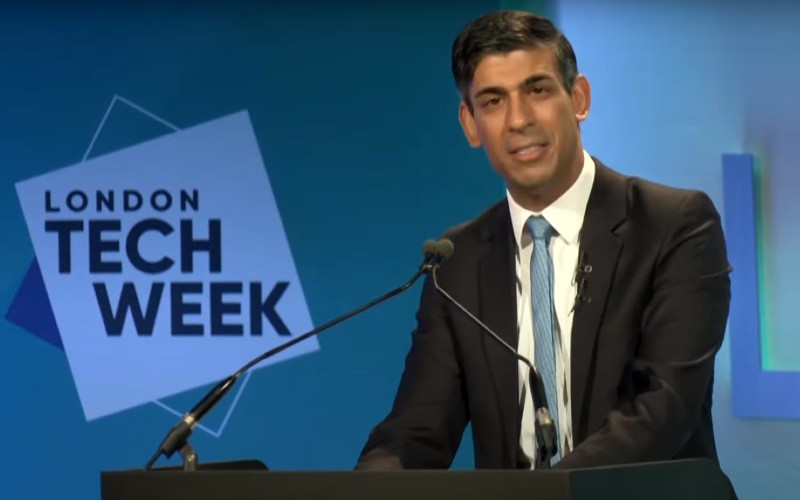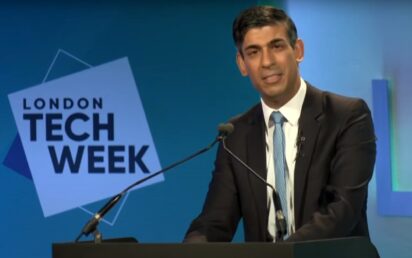The UK government clearly recognises the potential of artificial intelligence to transform industries and the wider economy.
For many months, it has been keen to be seen as positioning Britain at the forefront of this frontier technology, while also leading the way on safeguarding and regulation after hosting the first global AI Safety Summit late last year.
Now, with a general election campaign in full swing and the incumbents lagging behind in the polls, the Conservative Party has published its manifesto – and technology is a constant theme.
The Tories have promised to invest £1.5 billion in large-scale compute clusters to bolster the UK AI industry and “assemble the raw processing power so we can take advantage of the potential of AI and support research into its safe and responsible use”.
But, if realised, who would actually get to use this compute power: wealthy, established AI players, or the startups in most desperate need of it?
Ekaterina Almasque, general partner at OpenOcean – an early-stage European VC – is an experienced investor in AI startups. The former managing director of Samsung Catalyst Fund in Europe, she was an early investor in Bristol-based AI company Graphcore and built her first software business at 17 years of age.
“If realised, the Conservative party’s manifesto commitment to invest £1.5bn in large-scale compute clusters would be a boon for UK startups,” she says. “It could enhance the country’s AI capabilities significantly, supporting both cutting-edge research and the development of scalable, sustainable AI solutions that can drive future economic growth.
“Such a strategic allocation of funds would lower barriers for startups and established companies, fostering an innovative ecosystem where technological advancements can flourish.”
However, she adds, “it would be absolutely vital to create frameworks allowing innovative startups access to these resources at a fair rate”.
“This step would help pave the way to create Chancellor Jeremy Hunt’s vision of a homegrown ‘$1tn British Microsoft.
“Whoever emerges the winner from this general election, if the next UK government prioritises large-scale compute infrastructure, it will unlock breakthroughs across various sectors, from healthcare to finance, ensuring the UK remains a leader in the digital economy.”
In recognition of the potential of tech to have a deep impact across the economy, the Conservatives have also pledged to increase public spending on R&D to £22bn each year, up from £20bn this year; maintain R&D tax reliefs; build on the success of its nine specialist Catapults, which support innovation; and invest in technology across police, transport, education, energy and farming.
Most impactful of all – if you believe the figures – is the pledge to invest £3.4bn in technology in the NHS, making the NHS app “the single front door for NHS services”. It claims the ‘NHS Productivity Plan’ would see productivity in the NHS grow by 1.9% a year from 2025-26 – unlocking £35bn of cumulative savings by the end of the decade.
Other measures include using AI to free up time for doctors and nurses to engage in more frontline care; replacing tens of thousands of outdated computers; and funding tech to help clinicians read MRI and CT scans more quickly.
Prime Minister Rishi Sunak spoke yesterday of costing the manifesto through improvements in productivity to at least pre-COVID levels.


